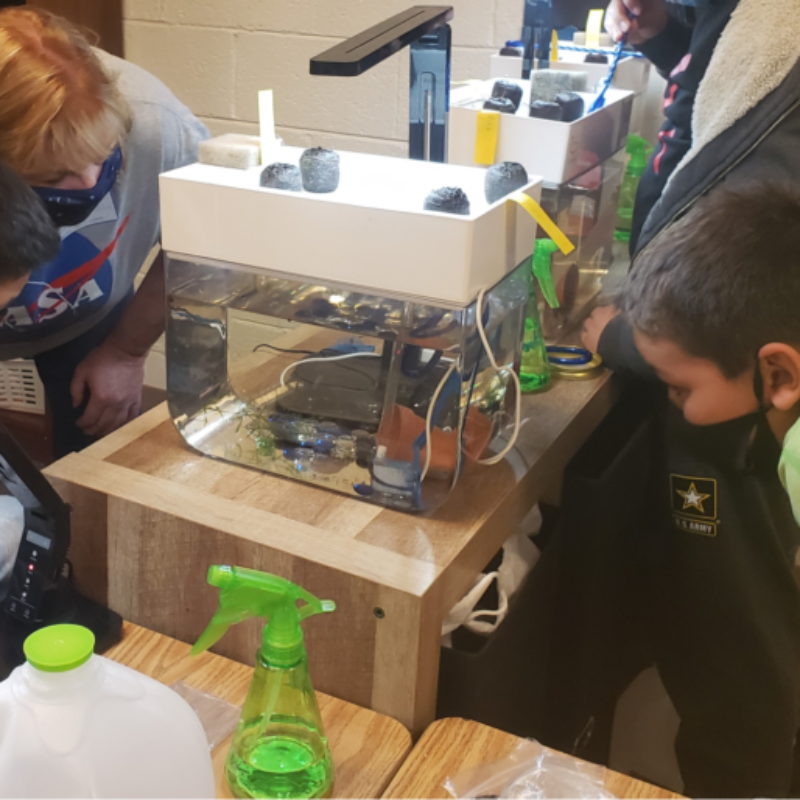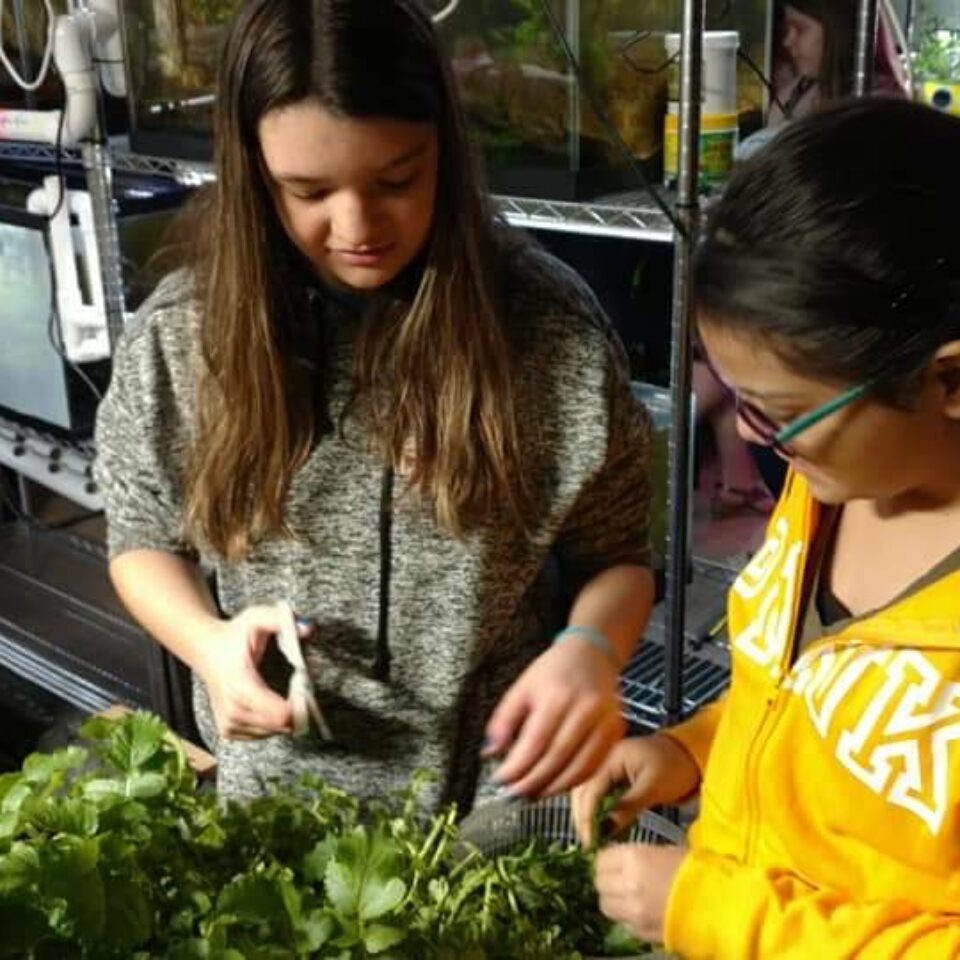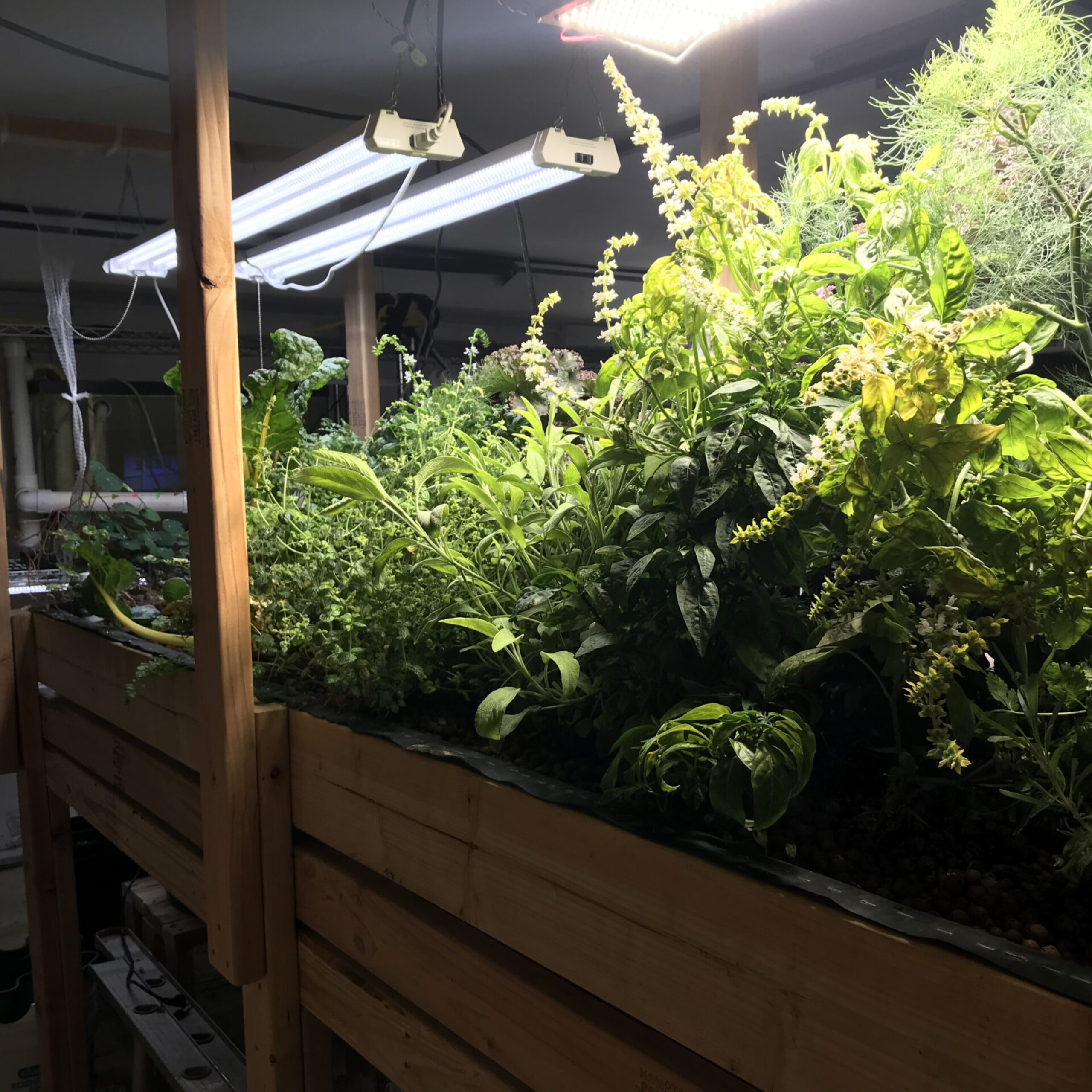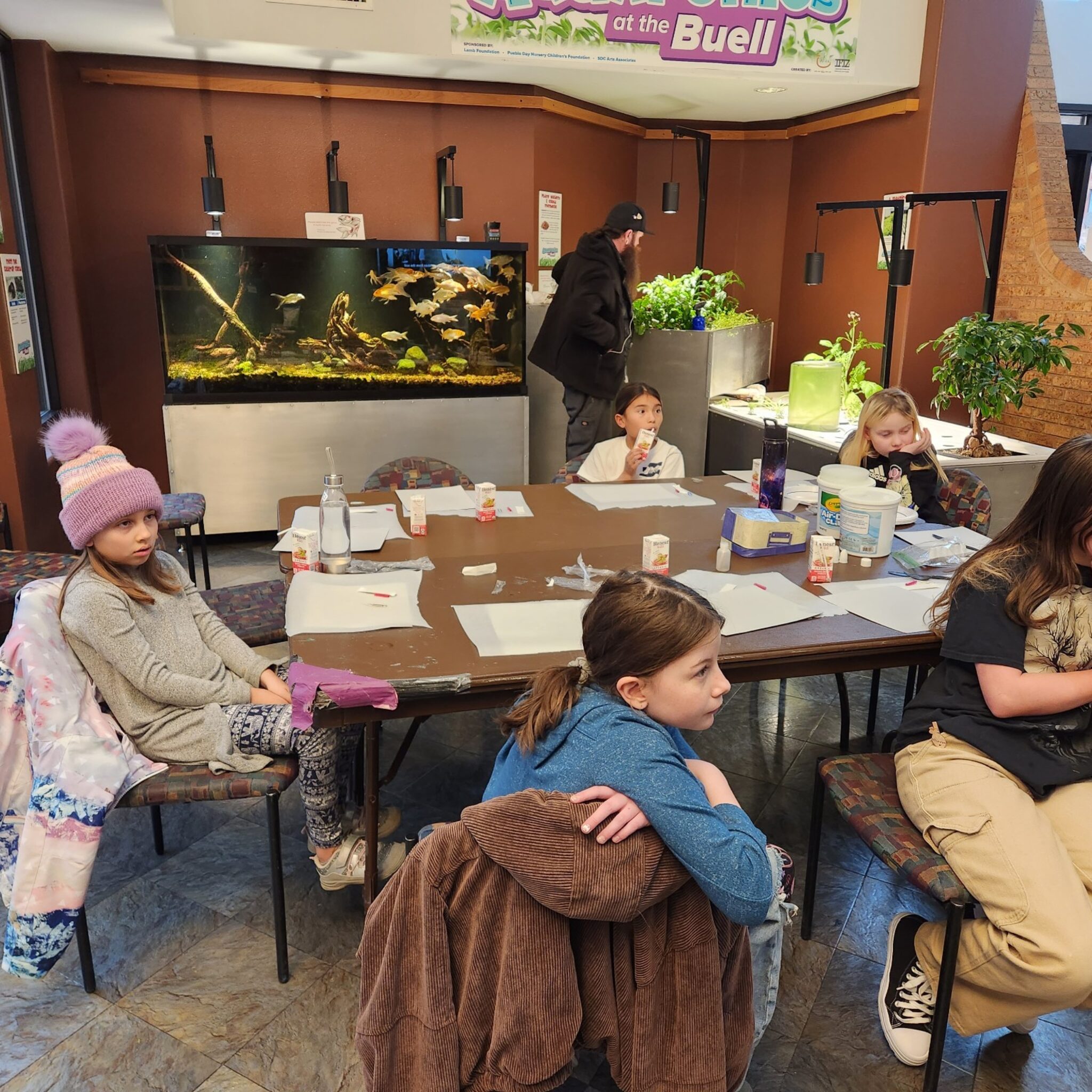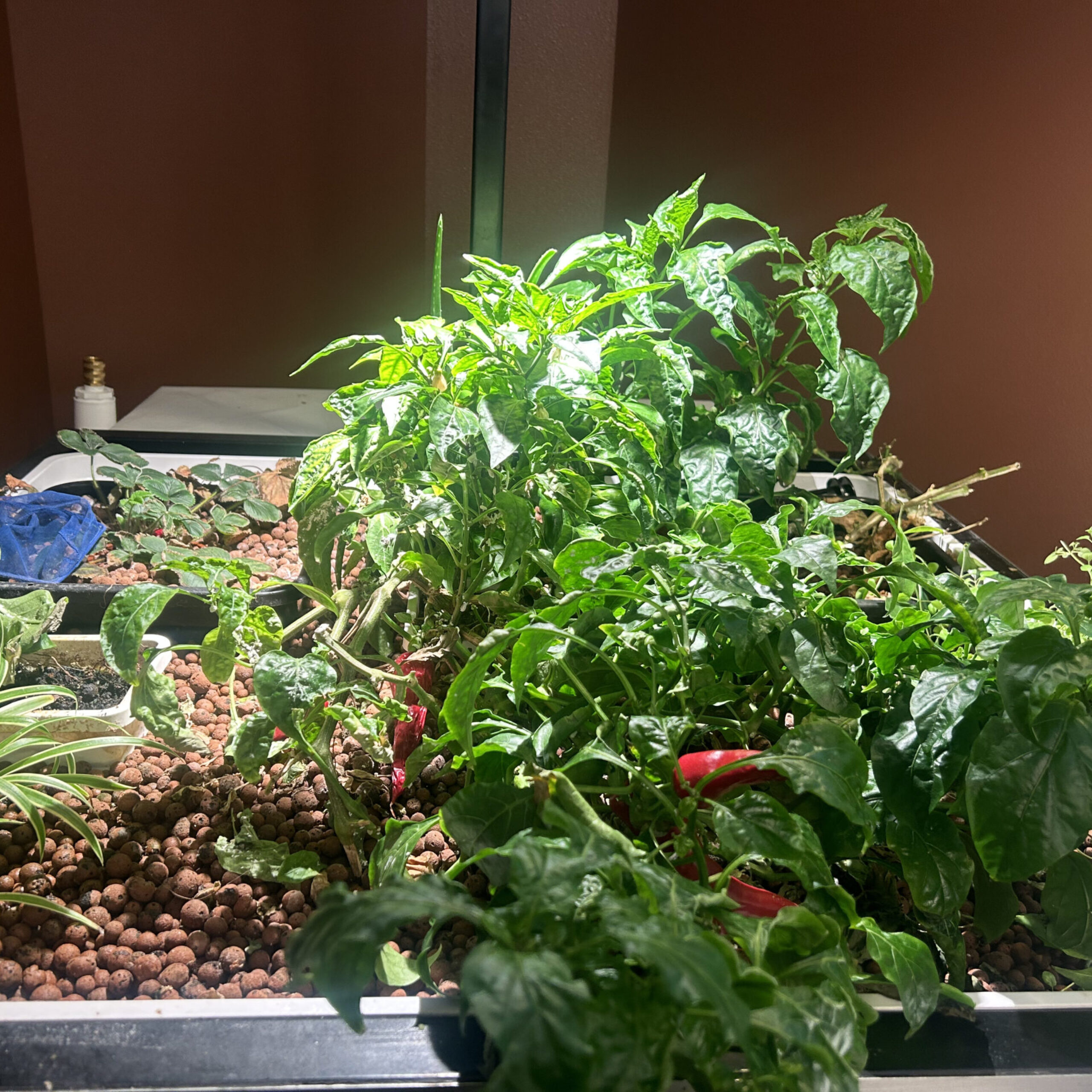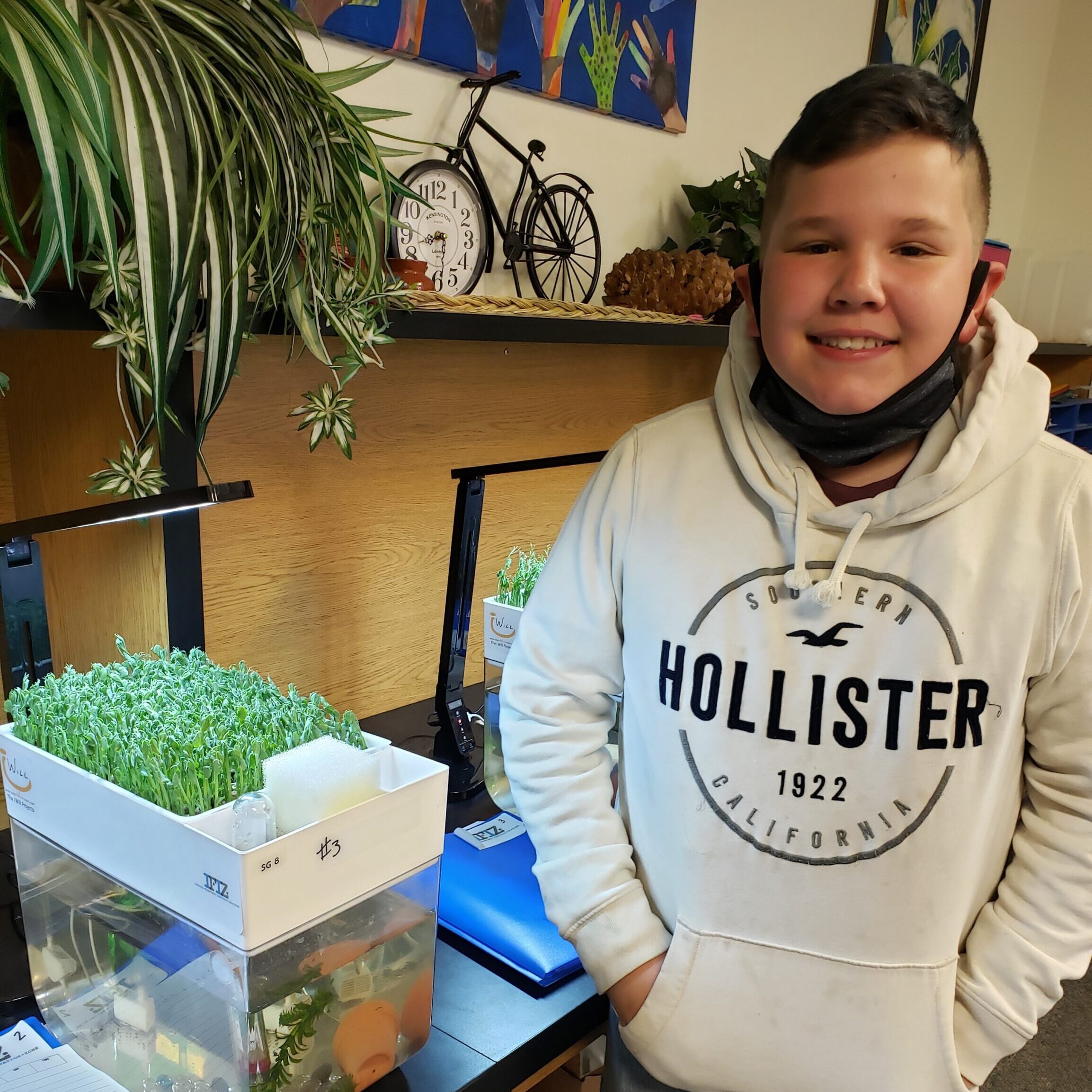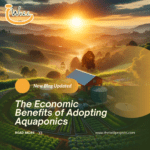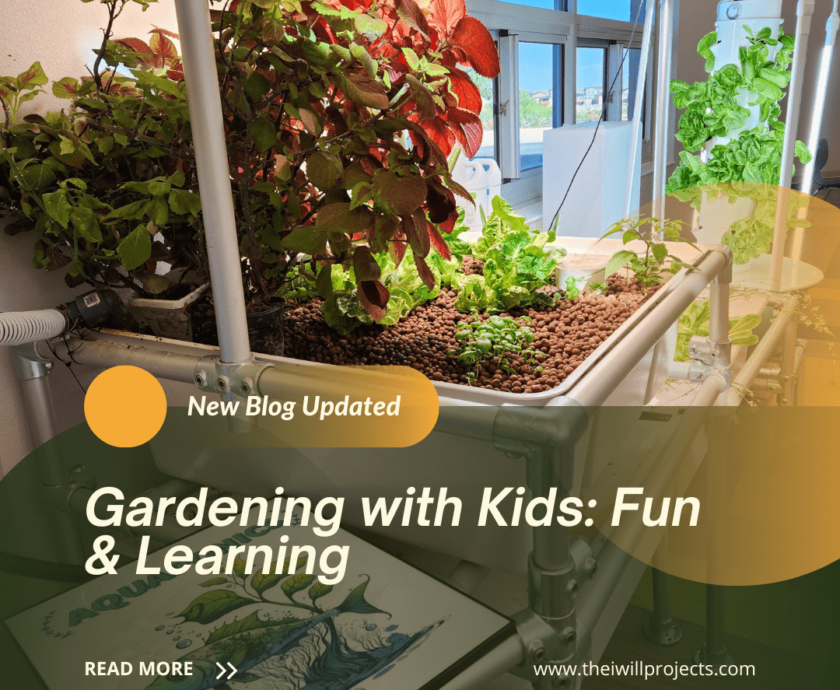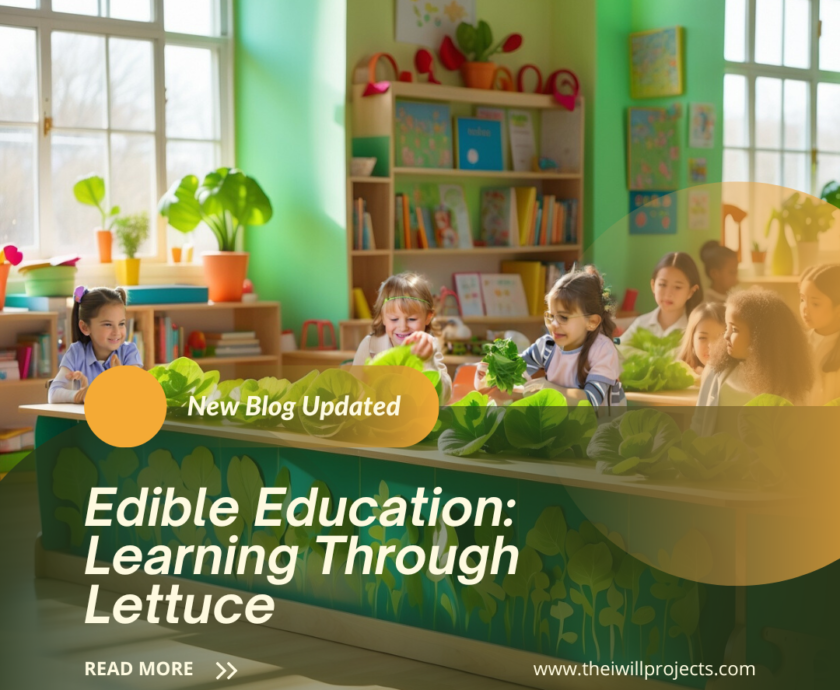“Gardening with children is a reminder that even the smallest hands can make the world more beautiful.” – Unknown
TweetTable of contents
Introduction
In the realm of childhood wonders, where imagination knows no bounds, lies a magical world where young minds are nurtured, dreams take root, and the seeds of success are sown. Welcome to the enchanting world of gardening—a timeless and invaluable pursuit that not only delights the senses but also plays an essential role in shaping the futures of our little ones. Gardening, with its power to cultivate the seeds of success, has the potential to become an integral part of our daily lives, enriching our children’s experiences and nurturing their growth.
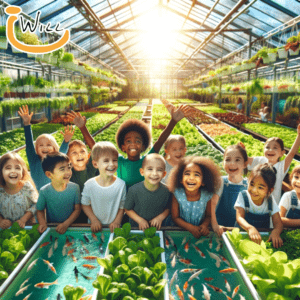
Cultivating Curiosity and Learning
Gardening, often overlooked in its role as an educational tool, is a treasure trove of knowledge waiting to be unlocked. When we introduce our children to the world of plants, we open doors to a wealth of learning experiences. From the simplest lessons about planting seeds to the complexities of a plant’s lifecycle, gardening provides a hands-on education that textbooks alone can never replicate.
Children who tend to gardens develop a deep understanding of biology, ecology, and the interconnectedness of all living things. They learn about the importance of soil health, the role of pollinators, and the science behind photosynthesis. These foundational concepts lay the groundwork for a lifetime of curiosity and scientific inquiry.
Responsibility and Patience
One of the most remarkable lessons gardening imparts is the virtue of patience and the sense of responsibility. As young gardeners care for their plants, they discover that growth is a gradual process that demands commitment and dedication. They learn to water their plants regularly, protect them from pests, and patiently wait for the first signs of growth.
This sense of responsibility extends beyond the garden’s boundaries. Children understand that their actions have a direct impact on the well-being of their green companions. This newfound awareness of cause and effect can be a powerful life lesson, teaching them to consider the consequences of their choices.
Environmental Stewardship
In a world grappling with environmental challenges, instilling a sense of environmental stewardship in our children is of paramount importance. Gardening provides an ideal platform to introduce kids to the concepts of sustainability and conservation.
When children cultivate their own garden, they develop a profound connection to the natural world. They witness firsthand the delicate balance required to maintain a healthy ecosystem. They learn about the importance of recycling, reducing waste, and minimizing their carbon footprint. These lessons are not only vital for their personal growth but also for the future of our planet.
Nutritional Awareness
As the saying goes, “You are what you eat.” Gardening offers a unique opportunity to teach children about the origins of their food and the importance of a nutritious diet. When children grow their fruits and vegetables, they gain a deeper appreciation for the effort that goes into producing the food on their plates.
Through gardening, kids discover the joys of eating fresh, organic produce straight from the garden. They learn about the nutritional benefits of different crops and develop a preference for wholesome, homegrown foods. This newfound awareness can set the stage for a lifetime of healthy eating habits.
Creativity and Imagination
In the digital age, where screens often dominate children’s attention, gardening encourages them to embrace the great outdoors and unleash their creativity. Gardens become blank canvases where young artists can express themselves through colorful flowers, imaginative layouts, and whimsical decorations.
As children design and tend to their gardens, they let their imaginations run wild. They create magical landscapes inhabited by fairies, dinosaurs, and talking animals. This imaginative play not only nurtures their creativity but also provides a welcome escape from the pressures of the modern world.
Emotional Intelligence
Gardening is more than just an outdoor pastime; it’s a journey of self-discovery and emotional growth. Children learn to nurture and care for their plants, developing empathy and compassion in the process. They observe how their actions impact the well-being of living things, teaching them about kindness and responsibility.
In the garden, kids also encounter challenges such as plants wilting or pests invading their space. These experiences provide valuable lessons in resilience and problem-solving. They learn to adapt, seek solutions, and persevere through setbacks—an essential skill set for navigating life’s ups and downs.
Bonding and Family Time
Gardening is a wonderful opportunity for families to bond and spend quality time together. When parents and children garden side by side, they create lasting memories and strengthen their connections. It’s a chance to unplug from technology and engage in meaningful conversations while nurturing plants.
Working as a team, families can plan the garden layout, choose the types of plants to grow, and assign tasks based on each family member’s strengths and interests. This collaborative effort not only fosters a sense of togetherness but also imparts valuable life skills, such as teamwork and effective communication.
Confidence and Ownership
Watching a plant grow from a tiny seed to a flourishing entity instills a profound sense of accomplishment in children. Gardening gives them a tangible project to own and be proud of. As they witness the fruits of their labor, their self-esteem soars, and they develop confidence in their abilities.
This newfound confidence extends beyond the garden, influencing other aspects of their lives. Children become more willing to take on challenges, express their ideas, and pursue their passions. The belief in their ability to nurture and cultivate can be a powerful motivator that shapes their future endeavors.
Connection to Culture and History
Gardening is not just a contemporary pursuit; it has deep roots in human history and culture. When children engage in gardening, they connect with traditions passed down through generations. They learn about the importance of agriculture in shaping societies and economies.
Exploring different types of gardens, such as herb gardens, vegetable plots, or ornamental landscapes, can also introduce children to diverse cultural practices. They gain an appreciation for the significance of plants in various cuisines, medicines, and rituals, broadening their understanding of the world around them.
Environmental Advocacy
In an age where environmental concerns are paramount, teaching children about the importance of conservation and sustainability is crucial. Gardening offers an ideal platform for instilling these values. Children learn about the impact of pesticides, the benefits of composting, and the value of conserving water.
By becoming young environmental advocates, they can inspire change in their communities and schools. They might encourage others to plant gardens, explore aquaponics for kids, reduce waste, or support local wildlife. In this way, gardening equips children with the tools to become stewards of the environment and champions of a greener, more sustainable world.
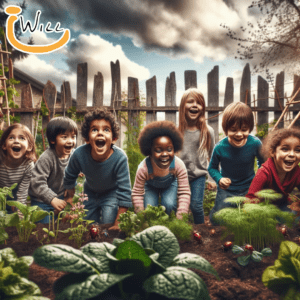
Conclusion
In conclusion, gardening is not just a leisurely activity; it is a transformative journey for children, nurturing their intellect, character, and emotional intelligence. It fosters a deep appreciation for the environment, encourages responsible citizenship, and instills values that will guide them in their futures.
As parents, educators, and mentors, we have a unique opportunity to cultivate the seeds of success and achieve maximum yield in our children’s lives through gardening. Let us embrace this timeless and invaluable pursuit as a means to shape their futures and sow the seeds of a brighter, more resilient, and compassionate world.
FAQs
Why is gardening beneficial for children?
Gardening offers numerous benefits for children, including educational opportunities, the development of responsibility and patience, environmental awareness, and fostering creativity. It also enhances emotional intelligence and provides a sense of accomplishment.
At what age can children start gardening?
Children can start gardening at a very young age, as soon as they can safely handle basic gardening tools. Simple tasks like planting seeds, watering plants, and caring for small potted plants can be introduced to toddlers with supervision.
What are some easy plants for kids to grow?
Easy-to-grow plants for children include sunflowers, marigolds, cherry tomatoes, basil, and mint. These plants tend to be hardy, fast-growing, and visually rewarding, making them perfect choices for young gardeners.
How can parents or educators make gardening educational for kids?
To make gardening educational, parents and educators can incorporate science lessons about plant growth, soil health, and pollination. They can also teach math concepts like measuring plant growth and spacing. Encourage children to keep a gardening journal to document their observations and experiences.
How can I ensure my child stays safe while gardening?
Safety is paramount when gardening with children. Ensure they wear appropriate clothing, including gloves and sun protection. Teach them how to handle tools safely, and keep dangerous chemicals out of their reach. Supervise younger children closely to prevent accidents.
Can gardening help picky eaters become more adventurous with food?
Yes, gardening can help picky eaters become more open to trying new foods. When children grow their fruits and vegetables, they often develop a sense of pride and curiosity about tasting the produce they’ve cultivated. It can be a fun way to encourage healthy eating habits.
What should I do if my child loses interest in gardening?
It’s common for children to go through phases of interest. If your child loses interest in gardening, try to involve them in choosing new plants or garden projects that excite them. Gardening should be a joyful experience, not a chore.
How can gardening promote family bonding?
Gardening promotes family bonding by providing an opportunity for shared experiences and teamwork. Families can plan, plant, and care for the garden together, fostering communication and connection. It’s a chance to unplug from screens and enjoy the outdoors as a family.
Can gardening be adapted for urban or small living spaces?
Absolutely! Gardening can be adapted for urban or small living spaces. Container gardening, vertical gardening, and community garden plots are excellent options. Even a small balcony or windowsill can host a mini garden with the right planning.
What long-term lessons can children learn from gardening?
Gardening imparts long-term lessons such as responsibility, patience, environmental awareness, and the rewards of hard work. It also teaches children about the cycle of life, the importance of conservation, and the value of nurturing living things.
Gardening for children is not only a rewarding and educational activity but also an opportunity for families and educators to engage in meaningful experiences that shape the future of our young ones.
The I Will Projects, a 501(c)3 organization serving communities since 2014, believes in multiple solutions to address global challenges. Our IFIZ education programs focus on general aquaponics, growing microgreens and sprouts, and insect farming. These programs empower communities by expanding knowledge, developing collaboration, and advocating for sustainable innovation. Our aim is to contribute to a regenerative food system, ensuring access to healthy food and recognizing food as medicine.
Sources
kidsgardening.org/wp-content/uploads/2022/12/SeedsOfSuccess_2022_English_Final.pdf
calloways.com/plants-flowers-texas/sow-the-seeds-of-victory



